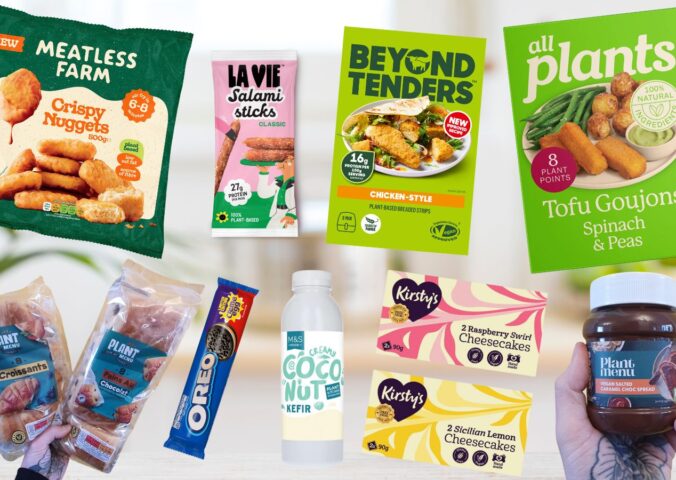A handful of meat alternative start-ups have announced plans to add animal fat to their products.
According to a report by The Washington Post, some companies are growing animal fat in laboratories to mix with plant-based burgers and bacon. Others are planning to source it from the meat industry. The idea, reports suggest, is to help broaden the appeal of plant-based meats to a wider audience.
Meat alternatives are already mostly eaten by non-vegans. In recent years, there has been an explosion of vegan meats in countries from Australia to South Africa.
Adding animal fat to plant-based meat?
Currently, the most commonly used fats in plant-based meats include coconut and vegetables oils.
Some companies think that taste and texture is putting off meat-loving consumers. According to research by meat giant Cargill, more than a quarter of meat-eaters said that taste and flavor are the prime reason they wouldn’t make the switch. Whether an animal-fat enhanced plant-based burger will help more meat-eaters transition away from meat, however, remains to be seen.
Vegan meat alive and well

If burgers containing animal fat do hit the market, they will not be suitable for vegans. But there are a wide range of vegan-friendly meat alternatives that have proved hugely popular with those on both meat and plant-based diets.
Vegan brand Beyond Meat will soon release a new update of its Beyond Burger. The company says it will be “meatier and juicier” than any previous version. Impossible Foods, which is known for its realistic burgers, stated in 2023 that it receives “record sales” year on year.
The Kraft Not Company recently announced the launch of the first ever Oscar Meyer plant-based hot dog. The company claimed that the vegan hot dog market had previously been “underdeveloped and underconsumed,” but that its new product (developed with AI) replicates the “smoky, savory taste, meaty color, and thick, juicy bite” of traditional hot dogs.
Plant-based meat takeover
Plant-based meat alternatives have surged in popularity in the past decade. As vegan alternatives have grown meatier, even committed meat-eaters are cutting back on their consumption of animal products.
Data released last years showed that people in the UK are consuming the lowest amount of meat since records began. With plant-based pulled beef, steak, and chicken breast now readily available in the UK, it’s never been easier for consumers to leave animal products off their plate.
Likewise, in the US, plant-based pork belly and chicken tenders have redefined expectations of vegan food. Half of all US restaurants now offer vegan options. Flexitarian consumers are swapping out animal products for more plant-based meals. Meanwhile, a small percentage of the population continues to consume an outsized proportion of the country’s meat.






